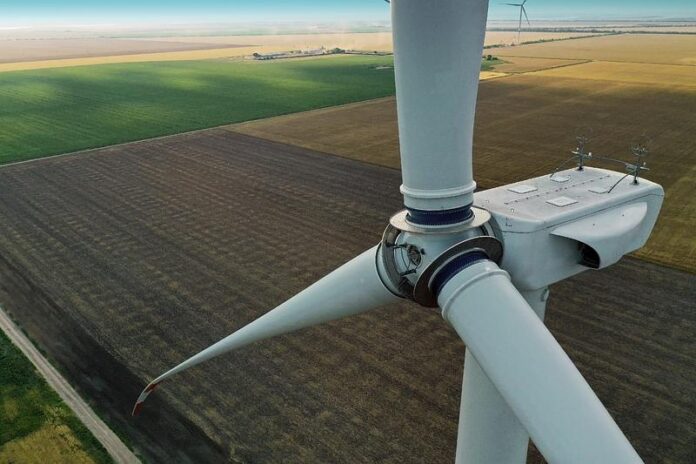Romania needs to spend $356 billion by 2050 to meet the European Union’s carbon-neutral targets, a sum its citizens are far from eager to pay, the World Bank said in its first climate and development report for an EU nation, highlighting the bloc’s difficult task in its transition to a greener economy, according to Bloomberg.
The Balkan country has already reduced carbon emissions by 53% from 1990 levels and will most likely meet the 55% reduction agreed with the EU in the next seven years, the bank said. It’s also poised to become the EU’s largest gas producer in 2027 once production in the Black Sea kicks off.
Still the country’s economy remains relatively carbon-intensive, at 2.5 times the EU average which would require “substantive and coordinated policy action and funding” to reach full decarbonization by 2050. However, those investments could triple its national income in the next three decades, the bank said.
“Public financing, including from the EU, will not be enough to meet Romania’s green objectives,” said Ary Naim, IFC Manager for Central and South Europe. “Incentives need to be put in place to mobilize private capital at scale.”
While the country is “highly vulnerable” to climate change and already faces severe drought and flooding, only a small part of the population is willing to pay more to avert these risks.
Only a minority say they would spend an amount equal to 1% of the country’s monthly GDP per capita to reduce the impacts of climate change, while another 12% would pay half that, the bank said.
“That’s considerably below the estimated investment needs for climate change mitigation and adaptation,” it said.


